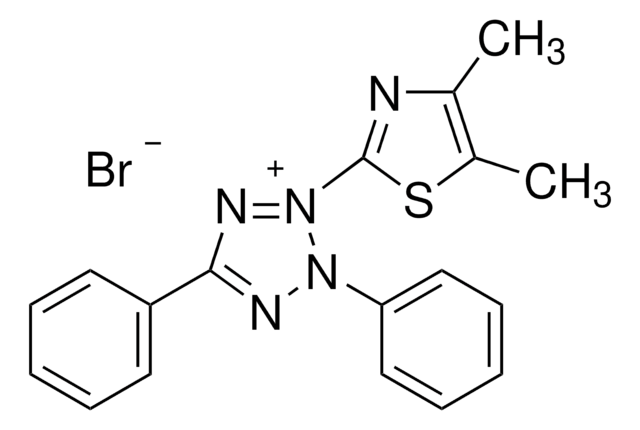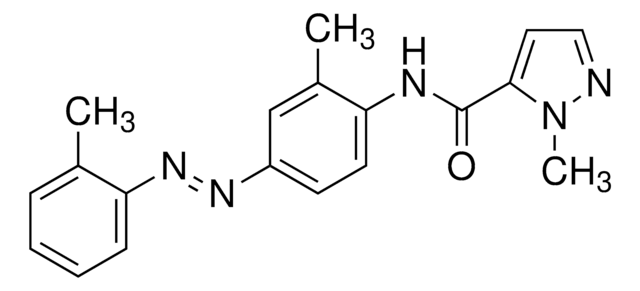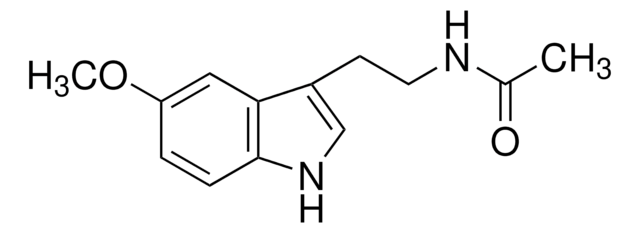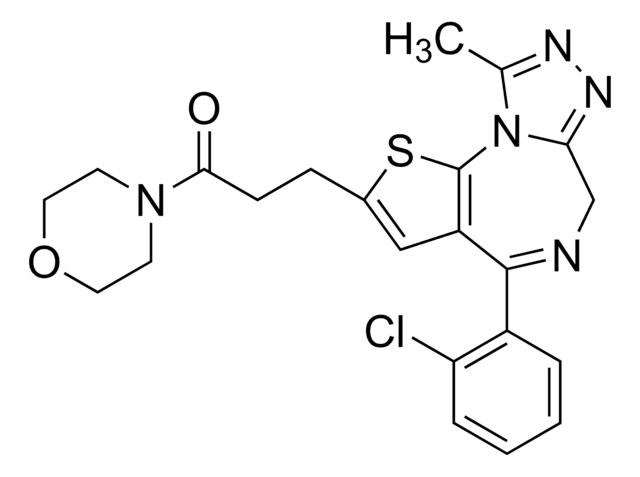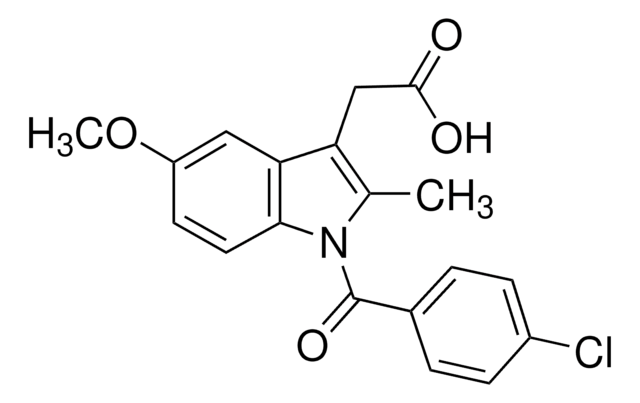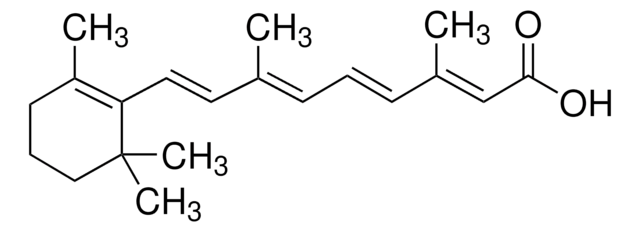A2478
APHA Compound 8
solid, ≥98% (HPLC)
Synonym(s):
3-(1-Methyl-4-phenylacetyl-1H-2-pyrrolyl)-N-hydroxy-2-propenamide
About This Item
Recommended Products
product name
APHA Compound 8, ≥98% (HPLC), solid
Quality Level
Assay
≥98% (HPLC)
form
solid
solubility
DMSO: >10 mg/mL
H2O: insoluble
storage temp.
2-8°C
SMILES string
Cn1cc(cc1\C=C\C(=O)NO)C(=O)Cc2ccccc2
InChI
1S/C16H16N2O3/c1-18-11-13(10-14(18)7-8-16(20)17-21)15(19)9-12-5-3-2-4-6-12/h2-8,10-11,21H,9H2,1H3,(H,17,20)/b8-7+
InChI key
UFQOXIMRSMFQRI-BQYQJAHWSA-N
Biochem/physiol Actions
related product
Signal Word
Danger
Hazard Statements
Precautionary Statements
Hazard Classifications
Acute Tox. 4 Oral - Eye Dam. 1 - Skin Sens. 1
WGK
WGK 2
Flash Point(F)
Not applicable
Flash Point(C)
Not applicable
Personal Protective Equipment
Certificates of Analysis (COA)
Search for Certificates of Analysis (COA) by entering the products Lot/Batch Number. Lot and Batch Numbers can be found on a product’s label following the words ‘Lot’ or ‘Batch’.
Already Own This Product?
Find documentation for the products that you have recently purchased in the Document Library.
Articles
Epigenetic modifications are thought to occur through two key interconnected processes—DNA methylation and the covalent modification of histones.
Our team of scientists has experience in all areas of research including Life Science, Material Science, Chemical Synthesis, Chromatography, Analytical and many others.
Contact Technical Service